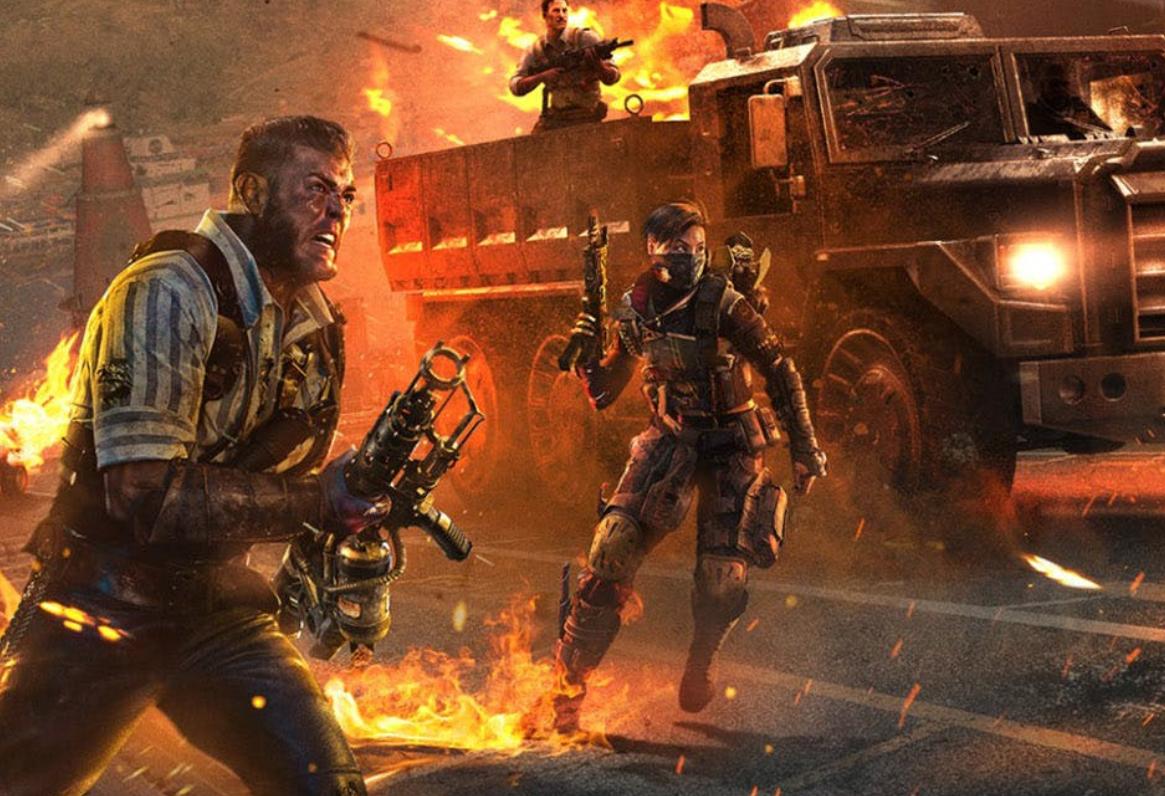One of the big throughlines of this year’s E3 was the talk about streaming games. Microsoft mentioned their plans to provide such a service, EA detailed plans to launch their own solution during their press event and Ubisoft famously told Variety that they believe the next generation of consoles will be the last one to be released. It is not the first time this sort of doom and gloom has been pronounced over the gaming console, but what does this recent threat to the status quo looks like and should we really be concerned?
Could we actually play every single game over the internet in the future? Well, the short answer is yes. It already is decent with PlayStation Now and other such services, if you have a stable enough connection. Of course, they are not perfect and you will still get the best experience with a fully downloaded and installed game. However, looking at the tech we have today, the theoretical upper limit for data transfer in a fiber optic cable is around 1 petabyte per second. That’s 1000 gigabytes per second, more than enough to shoot a high fidelity signal across the world without our eyes noticing the difference. Why doesn’t it work better now then? Well, the problem is not the cables, it is the hardware we use to route and receive the information we send.
To handle larger and faster amounts of traffic, our ISPs and other ‘gatekeepers’ — as well as our own PCs and modems — would need to be upgraded. You could rather accurately describe the internet as a gigantic postal network where bytes and bits of information are sent at the speed of light, all with a proper address and a route written on the package. When the package is transported on the truck on the highway (the cables,) everything goes really fast, and slowdowns happen at the waystations where the information needs to transfer from cable to cable. Switches and hubs make sure packets are processed and sent on their way, but in order to do this it needs to be able to handle the flow of information. If it comes too fast, the switch can’t keep up and a traffic jam starts building up and some packages are lost.
When this happens, we might experience temporarily garbled sound on Skype or our Netflix picture getting blurry for a few seconds before the correct information finds its way through again. Simplified, it is at the endpoints that the information gets slowed down rather than during the transfer itself. For instance, it is not at all unlikely that the information that is sent to you takes a longer time to transfer through your computer to your screen than it does going across the country or even the globe.
This gives Microsoft and other companies plenty of wriggle room to play with. If they can have a smart enough protocol and compression system that will be transferred fast enough and interpreted faster by the stations at the endpoints, they can increase the transfer rate quite a lot. In other words, improved fidelity and decreased input delays. The companies are most likely also betting on the infrastructure getting better and that bandwidth will eventually become a non-issue for most of the population.
So the tech is theoretically there if they can manage to push out enough data from their servers fast enough. But why would they do this? Why on earth would a company forgo the sale of hardware and peripherals to be able to stream a game in reasonably high fidelity to you? Well, they wouldn’t do it if they didn’t see a profit in it, that’s for sure.

Today, hardware, with the exception of Nintendo, is all sold at a loss and this is the way it has been for several generations. The companies make up their revenue by slapping licensing fees on the games sold on their platforms. So we already have an emphasis on software sold rather than hardware as this is what brings in the most profits for most of the console manufacturers. The worst possible customer for PlayStation and Microsoft is someone who only buys one game and borrow the rest, or buys it used since then they don’t get any of that sweet, sweet licensing money. Before you panic though, this shift will probably not happen for another decade or so. I can foresee the next slate of consoles extending their final years by making use of streaming so you will be able to buy physical discs and download your games for a long while yet.
What are the concerns with streaming games and why should we care? Well, for one thing, I don’t think the fidelity and act of playing the games will be much of an issue for most people. Just as there are video and audiophiles who cry blasphemy and heresy as soon as Netflix or Spotify are mentioned, there will be gamers who will never be converted. But I think for most of us, the convenience and ease of use will win us over eventually. Besides, just like HDMI and HD input lag was solved by being anticipated by developers, so will the delays cause by streaming be.
The real concern is rather one of retention and legacy: the video game industry is already exceptionally poor at retaining their legacy, from old developers losing their code and making re-releases impossible, to companies today shutting down servers rendering games unplayable. Microsoft just recently removed their old Forza Horizon game in anticipation of the new one, for instance.
There is simply little interest on the business side of things to keep and preserve old games. If no one ever owns a game anymore, will we see this trend become worse? Will last year’s Call of Duty become unplayable once this year’s version is released? Will our favorite games suddenly be wiped from the device once a developer goes under or a licensing deal falls through? There is also the question of just how many services we are to sign up for when there are no real platform holders. Will every publisher big enough to maintain a server farm have their own $10-20 a month service?
This is, of course, very speculative but pretty much all of the big companies are preparing for some kind of streaming future. Especially publishers, as they can circumvent having to give up revenue due to licensing. And why not? It makes a lot of sense, pretty much all other media we consume is available to be streamed at this point. I, for one, haven’t bought an album or a movie in well over 10 years. that alone makes me believe that a future without console hardware is not all that unlikely.
Will you welcome this brave new world of gaming once it comes? Or are you already sharpening your pitchfork to go join the resistance?
Some of the coverage you find on Cultured Vultures contains affiliate links, which provide us with small commissions based on purchases made from visiting our site.



